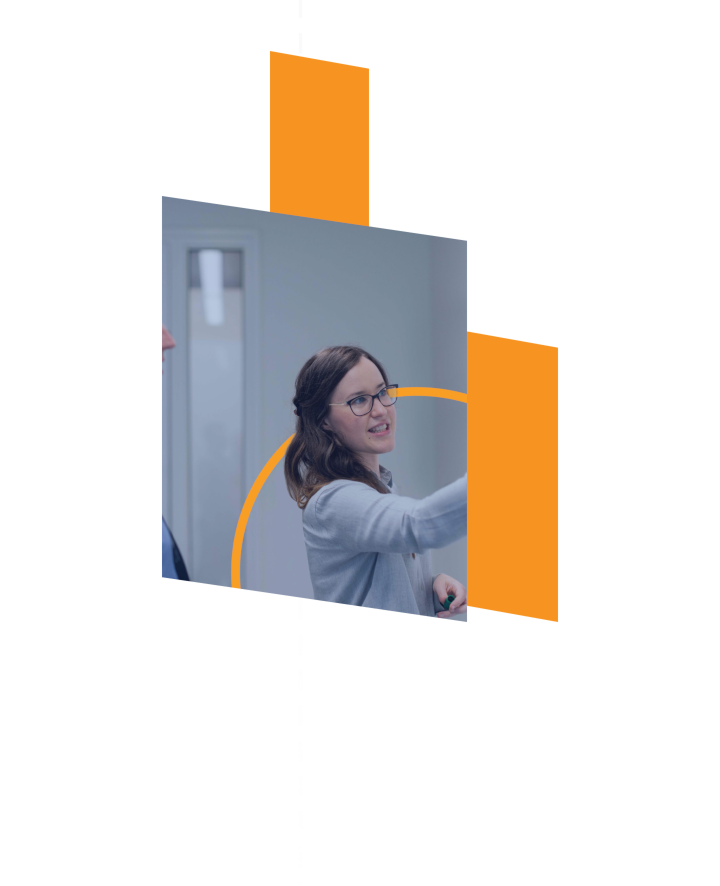The Evolution of Technology in the Manufacturing Sector
First, let's take a stroll down memory lane. From the steam engines of the Industrial Revolution to the assembly lines of the early 20th century, technology has always been at the heart of manufacturing. Enter the 21st century, and we’ve moved into what’s called Industry 4.0 – a fancy term for the digital revolution in manufacturing. We're now seeing things like Artificial Intelligence (AI), the Internet of Things (IoT), and Robotics becoming commonplace in factories. These changes are transforming not only the manufacturing process but also the workforce itself.
Current Workforce Policies in Manufacturing
So, what's the current state of play when it comes to workforce policies in manufacturing? Honestly, we could do better. Many of the policies in place today were designed for an era before AI and robotics. They often don't take into account the new skills needed, or the shifting dynamics of job security as automation becomes more prevalent. And we've seen the problems this can create, from skills shortages to worker displacement.
The Need for Reshaping Workforce Policies
This brings us to the big question: why do we need to change our workforce policies? Well, the rapid advancement of technology has led to a widening skills gap. Workers need new skills to operate advanced machinery and software, and many of our current training programmes just aren't cutting it. Then there's the issue of job security. As more tasks become automated, we need policies that help workers transition into new roles. Plus, there are ethical considerations too, like ensuring technology is used in a way that respects workers' rights and safety.
Key Areas for Policy Innovation
So where should we focus our efforts? First off, we need policies that promote lifelong learning and skills development. This means not just training new workers, but also upskilling existing ones. Job transition support is also crucial – we need to help workers who are displaced by technology to retrain and find new roles. And let's not forget about inclusive technology adoption. We need to ensure that everyone, regardless of their background or circumstances, has the opportunity to benefit from technological advancements. Finally, we need clear safety and ethical guidelines for the use of technology in the workplace.
Successful Examples of Reshaped Policies
The good news is, some places are already leading the way. Countries like Germany and Singapore, and companies like Siemens and Bosch, have been proactive in updating their workforce policies to reflect technological changes. They've seen great results, with lower unemployment rates, higher productivity, and a more engaged workforce. It just goes to show what can be achieved with a bit of forward-thinking.
Steps for Implementing New Workforce Policies
So, how can we get the ball rolling? Companies can start by reviewing their existing policies and identifying areas for improvement. But they can't do it alone. Governments and educational institutions also have a crucial role to play, from setting regulations to providing training programmes. And let's not forget the importance of collaboration. Businesses, governments, unions, and educational institutions need to work together to make these changes a reality.
Future Implications
The stakes are high, folks. If we don't update our workforce policies, we risk widening the skills gap, increasing job insecurity, and leaving workers ill-prepared for the future of manufacturing. But on the flip side, if we get it right, we could see a manufacturing sector that's not only more productive but also more inclusive and sustainable.
And there we have it. The technological revolution in manufacturing is here, and it's not slowing down. It's up to us to make sure our workforce policies keep up. The future of manufacturing depends on our ability to adapt, learn, and work together. It won't always be easy, but with the right policies and a bit of collaboration, we can ensure that our workforce is ready for whatever the future holds.
So, let's roll up our sleeves and get to work. Because in the end, it's all about people – whether we're talking about the people who make our products or the people who use them. And by reshaping our workforce policies for a technologically advanced manufacturing sector, we can make sure that everyone benefits from the wonders of modern manufacturing.
Here's to a future of manufacturing that works for everyone!
Driving Talent Acquisition for the Manufacturing Industry
For over a decade, we’ve been at the forefront of connecting top talent with leading manufacturing businesses. We understand the unique challenges and opportunities within the industry, and our mission is to deliver exceptional recruitment solutions that drive your success.
With a proven track record of partnering with companies of all sizes, from innovative startups to established industry giants, we possess the expertise to meet your specific staffing needs. Our tailored approach ensures that we identify and attract the most qualified candidates who align with your company culture and strategic goals.
At the heart of our success is a team of industry-focused recruitment specialists. We combine in-depth knowledge of the packaging sector with a passion for finding the perfect fit. Our rigorous recruitment process, coupled with a dedicated training academy, guarantees that our consultants are well-equipped to deliver exceptional results.
By choosing us, you’re investing in a strategic partnership that goes beyond traditional recruitment. We’re committed to helping you build high-performing teams that drive innovation and growth within your organisation.
Let's discuss how we can elevate your talent acquisition strategy.
Phone: 0333 307 7777 | Email: enquiries@pioneer-selection.co.uk
